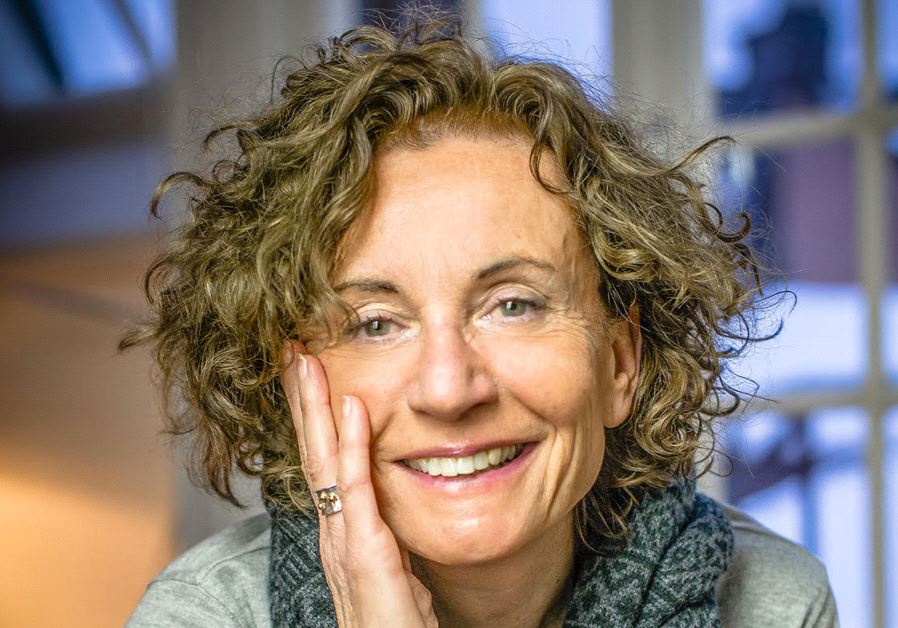Sweden launches program to fight Holocaust denial and antisemitism
Could an Israeli-Swedish alliance make all the difference in the lives of the Scandinavian country's Jews?
 Ingrid Lomfors, director of the Living History Forum in Sweden(photo credit: LIVING HISTORY FORUM)Updated:
Ingrid Lomfors, director of the Living History Forum in Sweden(photo credit: LIVING HISTORY FORUM)Updated: